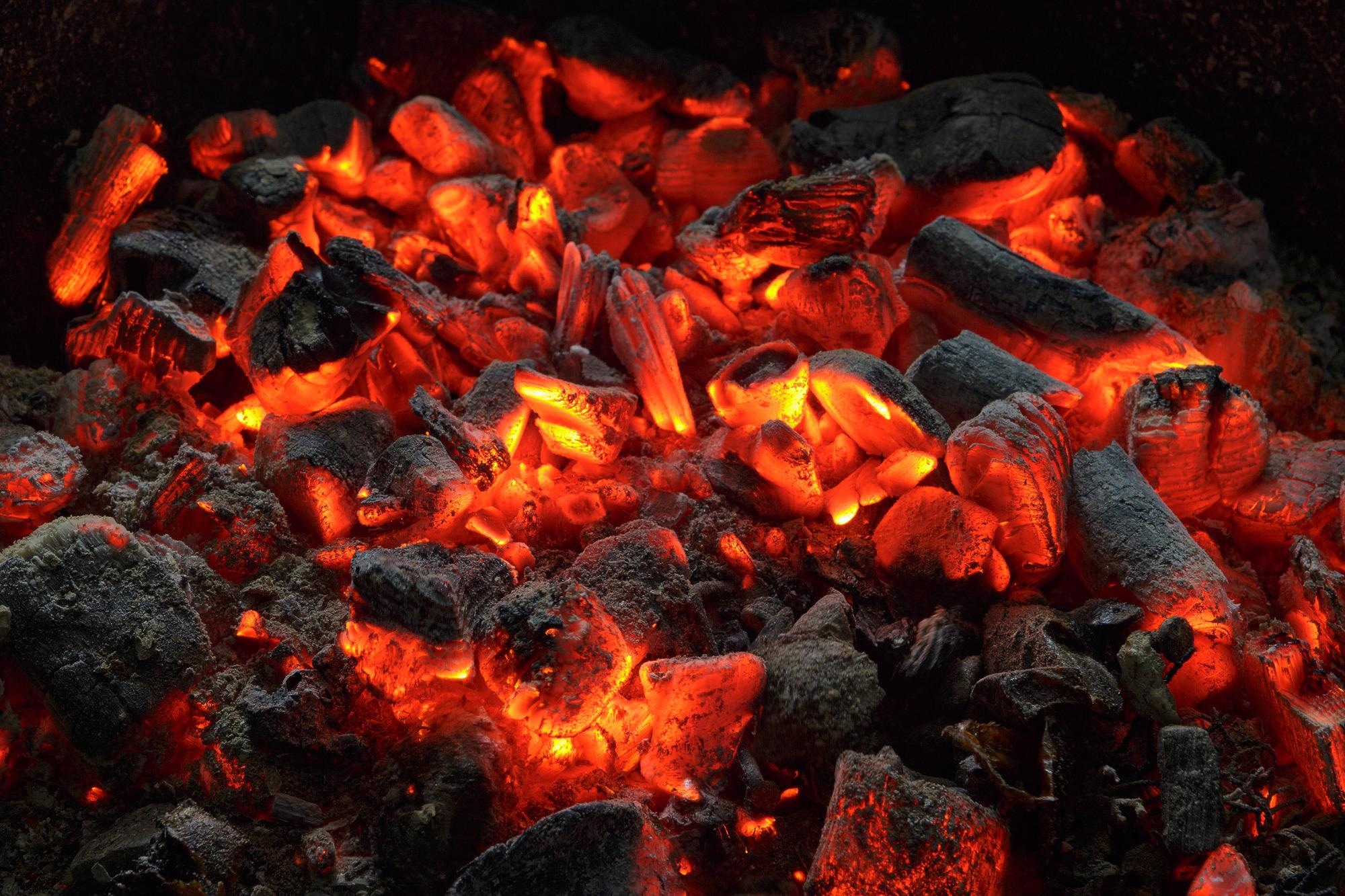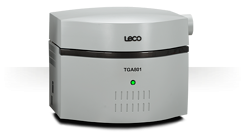Coal and other biofuels are the same as almost every other substance as they can be bought and sold. Thus, the overall quality of the material plays a significant role in establishing the value and price.

Image Credit: Shutterstock / Vikojam
With coal and other solid fuels, the amount of volatile matter present is the leading factor in quality, as this is relative to the fuel’s burning rate.
While the volatile matter value is not dependent on the type of fuel and moisture content of said fuel being tested, it also fluctuates based on the heating rates employed in the tests to establish said values.
This is why it is crucial to establish standards for material testing. Globally recognized and applied standards generate a common language that can be employed, so buyers and sellers can rest assured that the coal they acquire from one supplier can be accurately tested by a lab situated on the other side of the world.
When faced with a complex sample, however, there may be a decrease in method precision. “Sparking” coal, or coal where particles are released and “spark” during the high-temperature testing, is an example of a complex sample. For decades, scientists have been racing to establish an effective way to enhance the precision when testing for volatile matter of this material.
Recently, Dr. John Riley made the decision to evaluate the most commonly used methods to try to establish an improved method of handling coals suspected of being “sparking.”
Since the sparking effect is the result of excess moisture, the method initially introduced a “first step” method to pre-dry the coal prior to exposing it to higher temperatures for testing. The routine value for this pre-drying step was 600 °C.

Image Credit: LECO Corporation
With the application of the TGA801 macro thermogravimetric analyzer, Dr. Riley was able to modify the method easily and compare how fluctuating temperatures, heating rates and hold times influenced the values.
Derivative thermogravimetry plots allowed Dr. Riley to get a closer look at what was occurring during the reactions within the samples at specific times and temperatures. Based on the evidence revealed in these experiments, Dr. Riley was able to determine that 600 °C was indeed too high.
A pre-drying temperature of 107 °C is adequate for the release of the excess moisture without provoking decomposition moisture that will impact the volatile matter yields.
Click here to read 'Analyzing Volatile Matter in Coal and Biofuels'
Resultingly, the ASTM Committee D05 on Coal and Coke has recently updated the classic volatile matter standard test method D3175 to accommodate the temperature for drying sparking coals from 600 °C to 107 °C.
For further, detailed information regarding the experiment process that led to this conclusion, request a free copy from LECO.

This information has been sourced, reviewed and adapted from materials provided by LECO Corporation.
For more information on this source, please visit LECO Corporation.